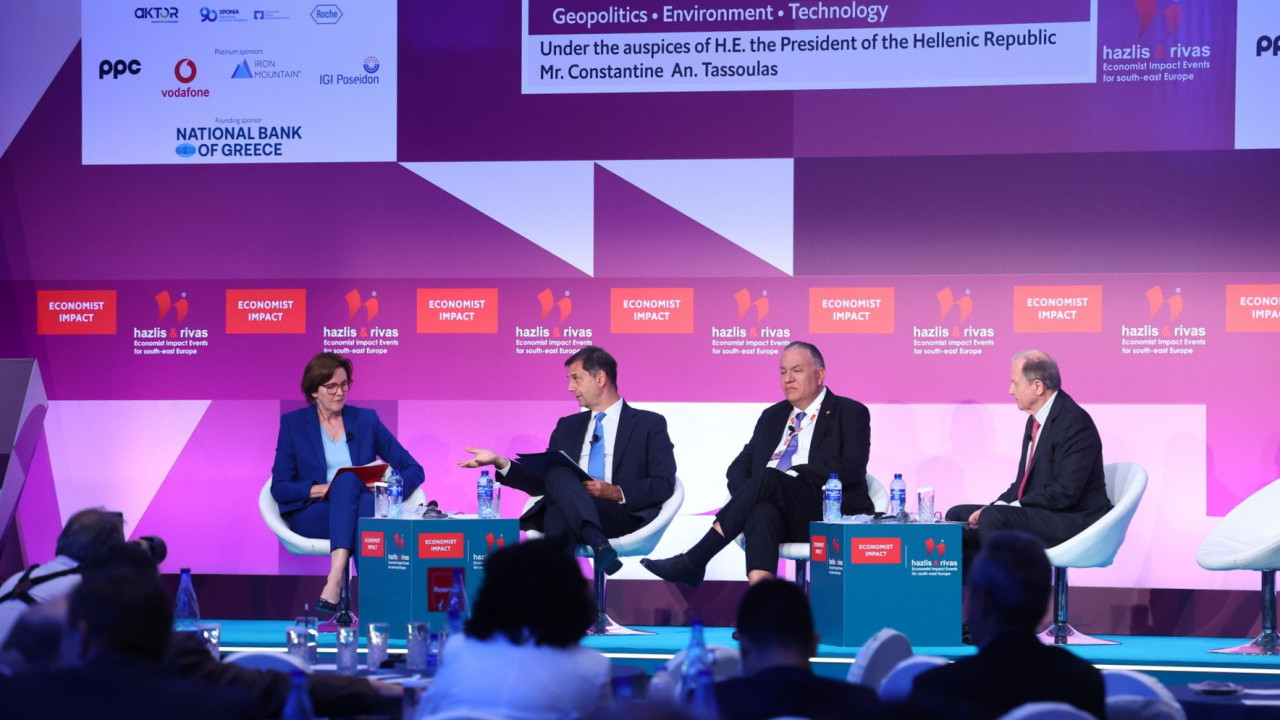Shadow fleet scrutiny thought to be behind English Channel diversions
ADDITIONAL pressure from European states on sanctioned and shadow fleet* tankers has done little to deter Baltic Sea transits, but there are early signs that enhanced scrutiny is starting to divert some traffic away from the English Channel.
On Wednesday, as the German foreign ministry was promoting the power of surveillance as a deterrence against the shadow fleet, a total of 48 shadow fleet or sanctioned vessels were either transiting or inside Baltic Sea ports.
One tanker, Sierra (IMO: 9522324), was approaching the German Baltic coastline loaded with Russian crude with no flag and no known insurance.
While enhanced Nato surveillance and the EU targeted sanctions that have created a growing volume of flagless tankers passing through the Baltic have not significantly altered trading patterns, there are early signs that ships exiting and entering the Baltic are adapting.
Ma Jin (IMO: 9346744), a sanctioned and currently flagless tanker that has routinely transited the English Channel to enter the Baltic and ultimately load Russian crude, arrived off the west coast of France six days ago, where it has been loitering ever since.
Ma Jin is currently signalling that it is Panama flagged, but was deregistered in February following a US sanctioned designation and then picked up by Palau, only to be similarly deregistered there in May.
Sanctioned tanker Tiburon (IMO: 9283291), which has similarly previously transited the English Channel into the Baltic to load Russian crude, rerouted from its usual voyage pattern around the west coast of the UK last week.
Lloyd’s List has tracked several other habitual Russian loaders deviating away from the English Channel over recent weeks.
While the trend is not yet statistically significant enough to draw firm conclusions, several security analysts have suggested that the enhanced surveillance from Nato and particularly the UK government may be prompting shadow fleet tankers to reconsider options where possible.
Entering the Baltic, however, is a binary decision with no alternative route.
On Tuesday, Germany and Sweden became the latest EU state to pledge additional measures to further counter Russia’s so-called ‘shadow fleet’ operating in the Baltic and North Sea, albeit only via additional surveillance.
German authorities have begun questioning passing tankers about their insurance coverage against oil pollution damage, the foreign ministry said.
While almost all other Baltic states were already intermittently asking transiting shadow fleet tankers for details, some states have recently been unwilling to risk escalating a Russian response without the visible support of other Baltic states.
Finland is known to have been routinely asking ships to produce insurance certification, but there has been no confirmation how many of those ships have responded to requests.
The requests for ships to produce insurance documentation is currently being conducted under provisions made within the UN Convention on the Law of the Sea. EU states, however, successfully won a contentious vote inside the International Maritime Organization in April that will ultimately allow them to expand the remit of an existing Mandatory Ship Reporting system. The changes to those rules, however, will not kick in until 2027 at the earliest.
According to Germany’s Foreign Minister Johann Wadephul, the mere act of German authorities asking suspect ships to produce documentation will help intensify and coordinate pressure on the shadow fleet ships loading in Russian ports.
The same ships will be asked for the same certification documents repeatedly by Baltic states as the ships pass each country, a foreign office official explained, adding that there was no plan to intercept the vessels in the event that there is no response.
“Our goal is very clear: we are increasing the pressure on the Russian shadow fleet and protecting the Baltic Sea habitat,” said Wadephul.
* Lloyd’s List defines a tanker as being part of the Shadow Fleet if it engages in one or more deceptive shipping practices indicating that it is involved in the facilitation of sanctioned oil cargoes from Iran, Russia or Venezuela. Or it is sanctioned for participation in sanctioned oil trades or is sanctioned for links to a company that is sanctioned for facilitating the export of sanctioned oil.
Content Original Link:
" target="_blank">




































































